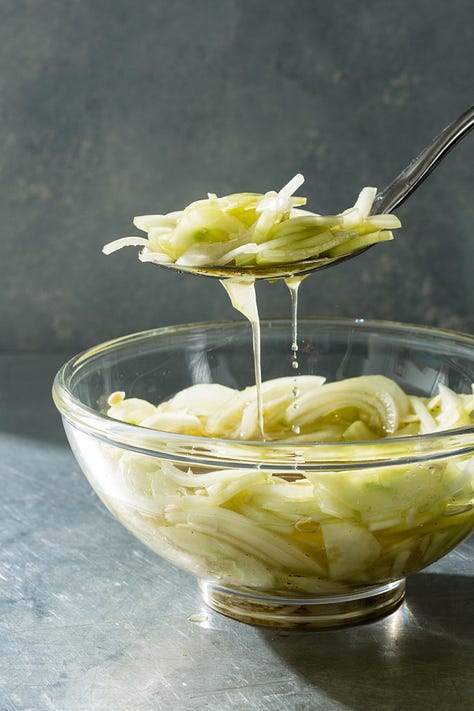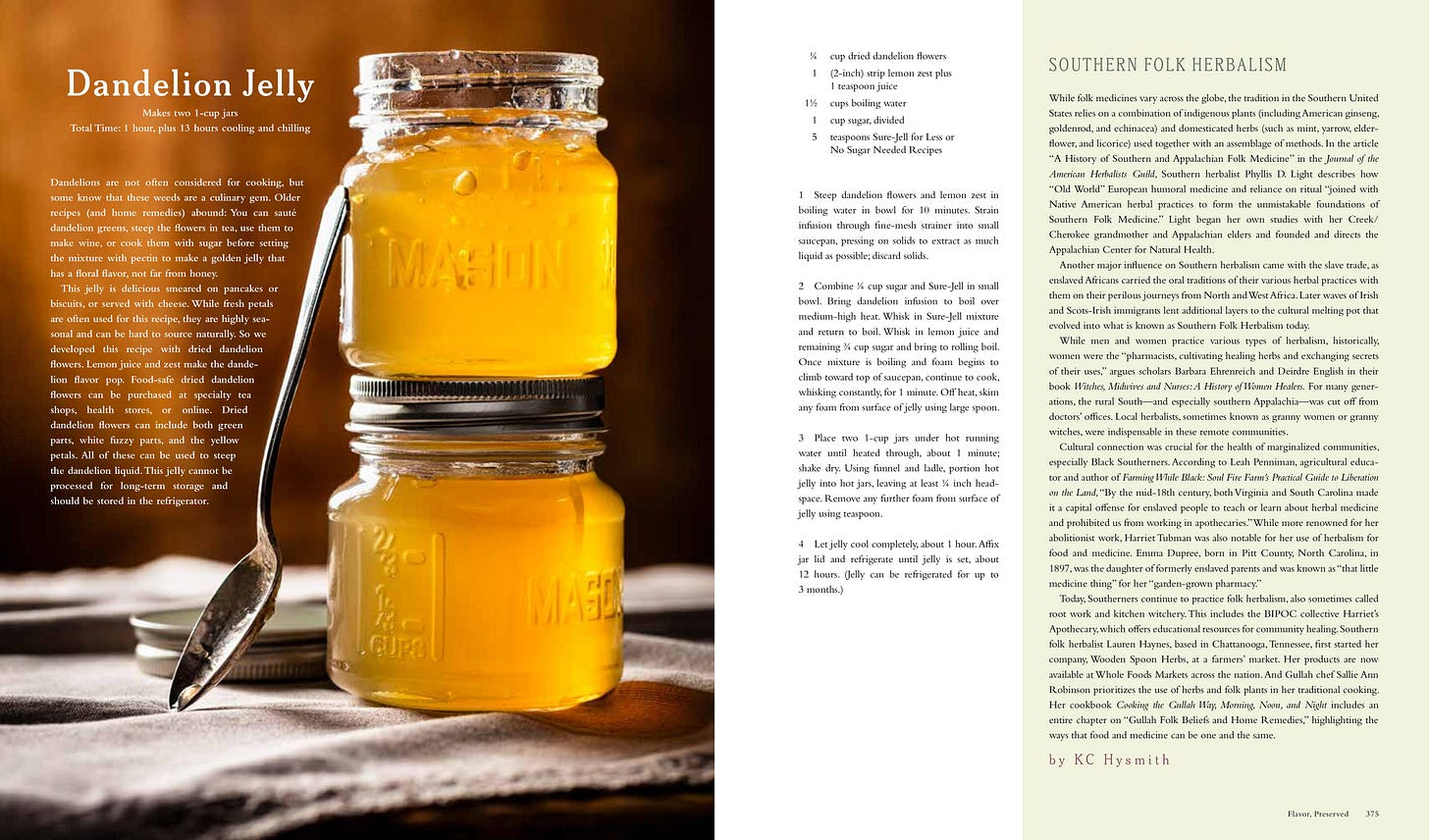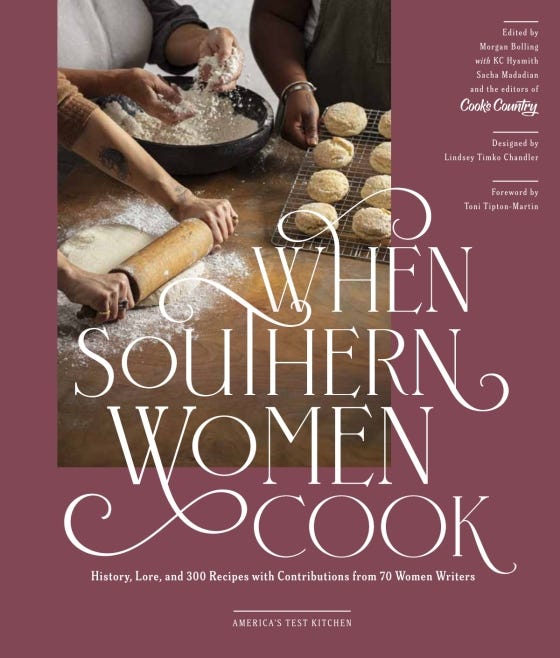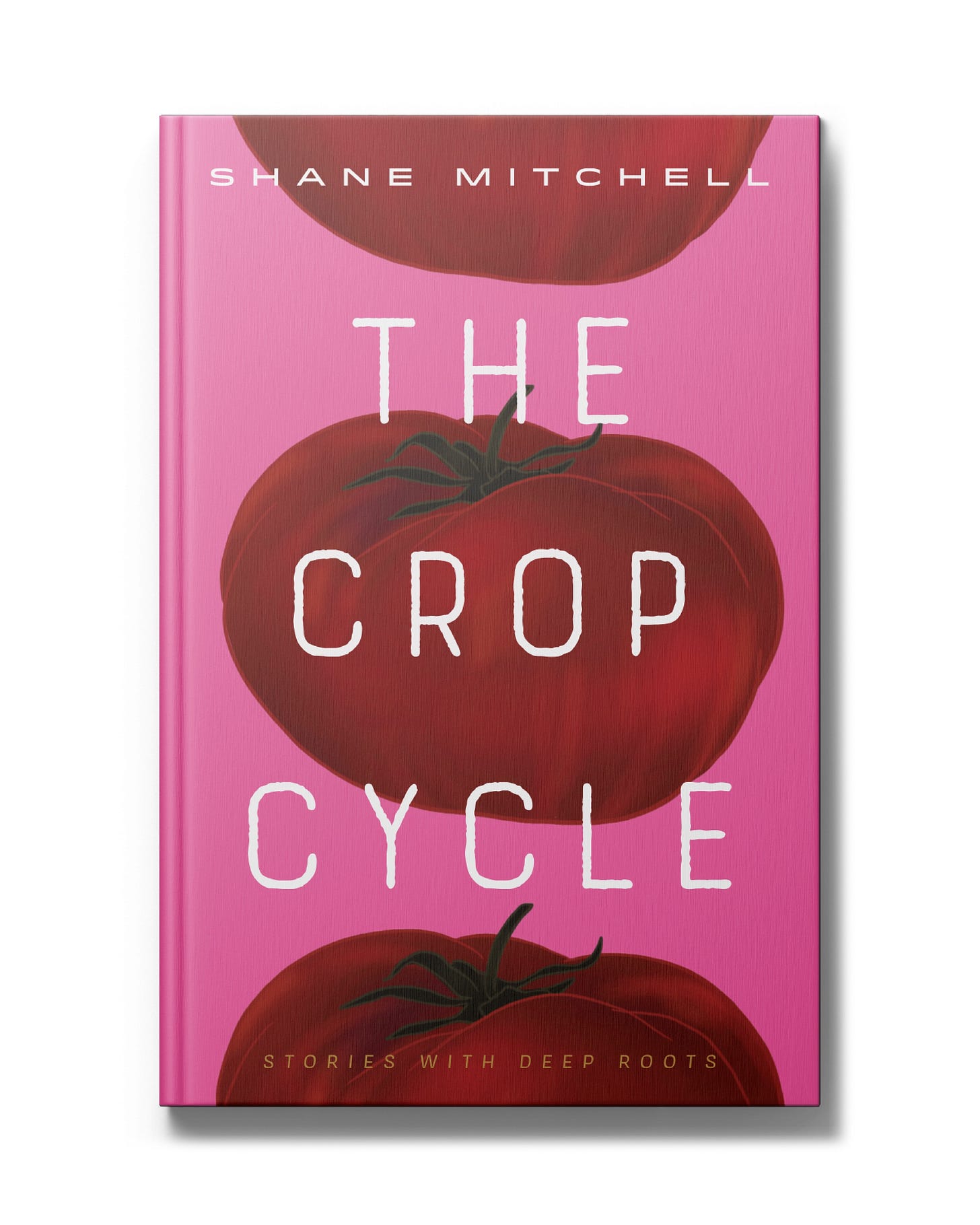Two years ago or so, I sat weeping in front of my computer as I wrote my dissertation acknowledgements. The names listed were nearly all women. I cried for my mom who would never get to read it, and I cried for my grandmothers and aunts and sisters who had already read so many passages along the way. I cried tears of gratitude for the women who became my constant companions and confidants as we navigated the pandemic with small children, and cried for the women who cared for my children when I could eventually returned to my research two years later. And I cried tears of joy for the women who taught me bake, and write, and especially those who taught me to write about baking. I am able to do the things I do, write the things I write, all because of a long legacy of women before me. I dare you to channel that kind of power and not cry a little (or a lot, in my case).

A few months later, I got a call from Toni Tipton-Martin (one of those previously mentioned women) who was developing a book project in her new role as editor-in-chief of Cook’s Country (part of America’s Test Kitchen) that focused on southern food history and women. She asked if I would be interested in being part of the historical research team, and I’m sure you already know the answer. I’m just glad I didn’t start crying on the phone (I waited until after we hung up and then cried happy tears with my girlfriends).
Today, two-ish years and many, many hours of women thinking, working, and writing together, that book is out in the world. Named with a nod to the famous—and feminist—gastronomic memoir, When French Women Cook written by Madeleine Kamman in 1976, When Southern Women Cook explores the history, experience, and culinary lessons beloved and still to be learned from women across the south.
There are so many things I want to tell you about this book. So many recipes I can’t wait for you to try because they’re not from your part of the south or maybe they remind you of a part of the south you’ve haven’t lived in for a long, long time. When Southern Women Cook feels like a spellbook full of secrets that we southern women all already know but sharing them on paper imbues them with even more power. It reads like hundreds of love letters tied together with kitchen twine and passed down through the years. It cooks like your grandmother’s beloved recipe book and it also tells you why that book and the recipes inside of it meant so much to her generation.
I could tell you my favorite recipes or my favorite food histories, but the thing I want to tell you about the most is the women who made When Southern Women Cook possible. The women who are no longer with us sometimes even in name but whose spirits sing through these recipes. The women who weren’t lost, but hidden on purpose, and finally get some small version of their due. The women who paved this way for so many of us so that we can now not only write and work in food, but thrive in it, too, and make powerful books like this one. The women who dedicate themselves to the kitchen, their hungry communities, their restaurants, their flocks, their fishing boats, and their farms. The women who kindly shared their recipes with us, some for the very first time, and glow every time they talk about cooking for others. The women who managed to capture in words short and sweet and sometimes long and sorrowful the stories of their and others’ experiences as women in food spaces across the south.



I want to tell you about Reem, Lindsay, Tiffanie, Victoria, Addie, Katie, Anne, Sheri, Shaun, Ashley, Linda, Sarah, Carlynn, Kelly, Von, Nadia, Ali, Lisa, Belinda, Ashley, Skye, Amy, Lisa, Marcie, Diane, Debra, Amethyst, Holly, Mercedes, Cynthia, Robin, Melissa, Sandra, Doris, Vivian, Kyle, Rebecca, Courtney, Vallery, Ronni, Keia, Theresa, Nancie, Sara, Nikki, Shane, Erin, Dawn, MM, Susan, Kathleen, Hanna, Jenn, Erica, Kim, Rebecca, Julia, Tambra, Kayla, Kendall, Andrea, Jan, Crystal, Liz, Psyche, Virginia, Bronwen, Ashley, Rafia, Malinda, Preeti, Vimala, Nathalie, and definitely Sacha, and very much about Morgan, and Toni. And that long list doesn’t even account for all the women who are quoted, cited, called on, and lifted up throughout this book.
And, yes, I needed to type each of their names because this book only exists because of them. And because maybe seeing their names will remind others that the south and southern food is made up of more than one woman and is infinitely more vast than one woman’s way of cooking. This isn’t a new or even a radical concept, but history has a way of forgetting itself, sometimes it even does it on purpose. Thankfully, When Southern Women Cook contains a hefty 536 pages of recipes, history, and memories to help those who need reminding. As Toni says: trust women and get cooking.
Grab a copy of When Southern Women Cook: History, Lore, and 300 Recipes with Contributions from 70 Women Writers (that’s the kind of long, historical title a food scholar really swoons over) at your favorite book seller today or online here.
Pairs well with:
The amazing Shane Mitchell, one of the wonderful contributors for When Southern Women Cook, also has a new book out in the world today! What a shelf of women-driven southern stories we make altogether! I haven’t had a chance to read it, but I eagerly gobble up everything else Shane writes, so I’m sure this will be no different. Find your copy over on Bitter Southerner.









Happy publication day!! What an incredible book
Great to meet you in The Barn on Thursday -- and to have you autograph four books for me! Could you comment, please, about Edna Lewis's inclusion (and influence) in this book? Did you play any role in pinpointing the many places and recipes where Edna is mentioned? Or did those all come from dear Toni herself?